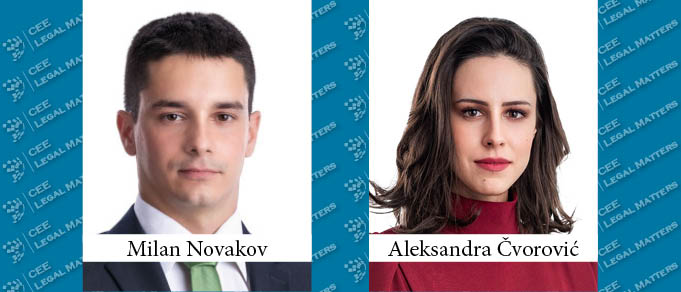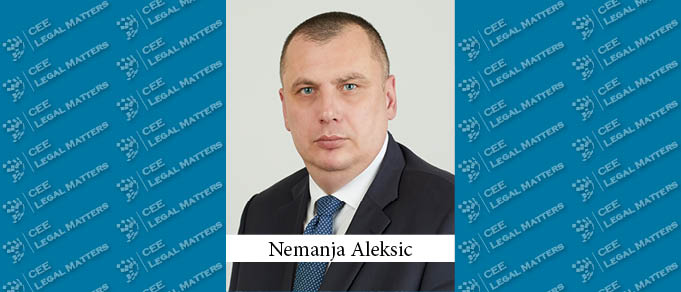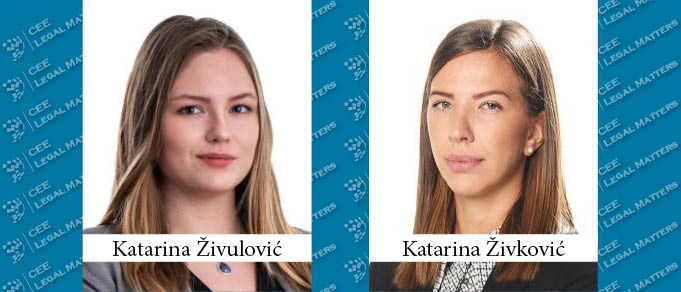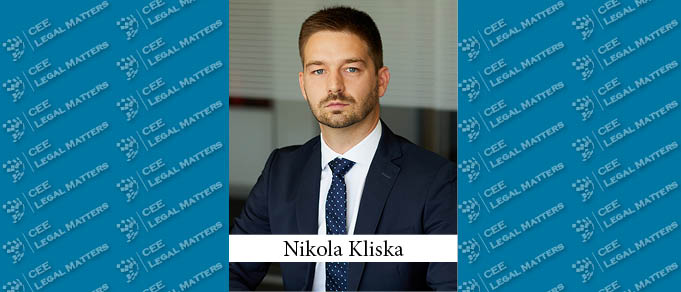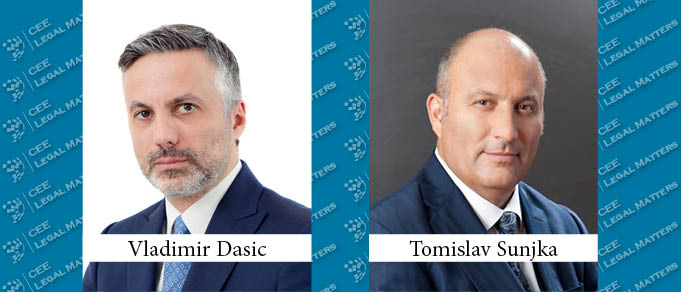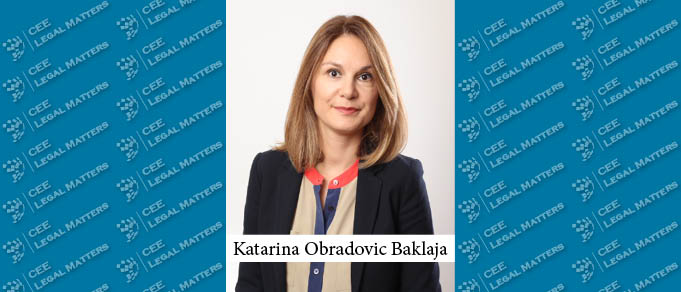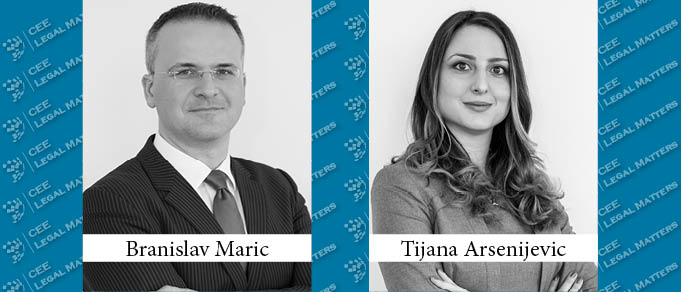CMS' Malgorzata Surdek-Janicka has been appointed as Vice-President of the International Court of Arbitration at the International Chamber of Commerce in Paris. Aside from Surdek-Janicka, 33 lawyers from CEE were appointed as members and alternate members of the court.
New Deadlines Provided by Amendments to the Law on Planning and Construction
On 24 May 2021, the National Assembly of the Republic of Serbia adopted the amendments to the Law on Planning and Construction (“Official Gazette of the RS”, No. 52/2021), which entered into force on 25 May 2021.
Competition And Digital Markets: New Stream in Tackling Abuse of Dominant Position
The standard approach in cases involving abuse of dominant position implies that the competition authority determines the market influence of the company due to which it can operate in the relevant market to a significant extent independently of other market participants and, provided that the company has a dominant position, whether its actions result in abuse of such position. The standard approach came naturally in markets that are geographically and economically limited. The core of the principle is that the public authority reacts ex-post (after the event) to abuses, by imposing the obligation to terminate anticompetitive practices or imposing penalties for prohibited behaviour.
New Law on the Protection of Business Secret Adopted
The Law on the Protection of Business Secret (Official Gazette of RS, no. 53/2021, “LPBS“) entered into force on 5 June 2021 and it completely repealed the previous law that regulated this matter.
What Do Amendments to the Law on Electronic Document, Electronic Identification and Trust Services in Electronic Business Bring?
The National Assembly of the Republic of Serbia adopted the Law on Amendments to the Law on Electronic Document, Electronic Identification and Trust Services in Electronic Business (hereinafter "Amendments to the Law"), on May 20, 2021.
What Happens to Collected Health Data on COVID-19 Patients After the Pandemic is Over?
The global crisis, which arose as a consequence of the COVID-19 pandemic, brought light, among other things, to the weaknesses of the Serbian public health care system. The daily mass collection of a person’s data on health – which, according to the Serbian Data Protection Act, is considered particularly sensitive data – became a regular occurrence during the pandemic.
What Do Amendments to the Law on Excise Bring?
The Law amending the Law on Excise (Official Gazette of RS, no. 53/2021) entered into force on 5 June 2021 and its novelties refer to the excise for alcoholic beverages.
What Do Amendments to the Law On Mining and Geological Exploration Bring?
The Law amending the Law on Mining and Geological Exploration (Official Gazette of RS no. 40/2021) entered into force on 30 April 2021 and most important changes refer to specification of certain solutions and more detailed normative regulation of individual issues, harmonisation with legal regulations in the field of environmental protection, introduction of e-business etc.
Serbia: New Law on Protection of Trade Secrets Adopted
Intellectual property is usually perceived through three main rights: copyright, patent and trademarks. Sensitive market-relevant information is usually perceived just as a benefit, but rarely as a right. Protection of trade secrets certainly deserves more attention. To make it easier to all market players to easily comprehend this right and for authorities to apply it, Serbia adopted a new Law on Protection of Trade Secrets, which came into force on 5 June 2020 (the “New Law”). The main reason for the new regulation, as proclaimed by the lawmakers, is the alignment with the EU acquis (especially, the Directive (EU) 2016/943 of the European Parliament and of the Council of 8 June 2016).
What Does the New Law on Energy Efficiency and Rational Use of Energy Bring?
In April 2021, the National Assembly of the Republic of Serbia passed a set of new laws in the field of mining and energy, including the new Law on Energy Efficiency and Rational Use of Energy (hereinafter “the Law”), which entered into force on April 30, 2021.
Application for Determining of Fee for Protection and Improvement of the Environment for 2021
The fee for 2021 is determined by the decision of competent authority on basis of applications of payers that are obliged to submit them no later than 31 July 2021.
Employers’ Obligations Under the Law on Gender Equality and Amended Law on Prohibition of Discrimination
On 20 April 2021, the National Assembly of the Republic of Serbia enacted the Law on Gender Equality and amendments to the Law on Prohibition of Discrimination. Both laws are published in the Official Gazette of RS no. 52 of 24 May 2021 and will enter into force on 1 June 2021. The Law on Gender Equality will repeal the Law on Equality of Genders (Official Gazette of RS no. 104/09).
Inside Out: Embracer Group’s Acquisition of Mad Head Games
On November 20, 2020, CEE Legal Matters reported that BDK Advokati, working alongside Sweden’s Gernandt & Danielsson Advokatbyra, had advised Embracer Group AB on its acquisition of all issued shares of Mad Head Games d.o.o., a game development studio from Novi Sad, Serbia. SunjkaLaw advised Mad Head Games shareholders Nenad Tomic, Uros Banjesevic, and Aleksa Todorovic on the deal.
Development of Transportation Infrastructure a Priority for Serbia
The development of infrastructure has been a long-standing priority in Serbia. The National Investment Plan (Serbia 2025) announced by the Serbian Government in December 2019 anticipated the allocation of approximately EUR 14 billion to major development projects to be completed by 2025. Most of the funds are to be allocated for infrastructure projects, including road, rail, air, and water upgrades.
Developments in the Serbian Energy Sector
The Ministry of Mining and Energy of the Republic of Serbia has recently concluded a period of public debate on a package of amendments to the country’s energy laws. The draft law that has attracted the most attention certainly is the Law on Renewable Energy Sources (the “RES Draft Law”), but there is also a Draft Law on Energy Efficiency and Rational Energy Use (the “EE Draft Law”). Serbia already has laws governing this subject matter– renewable energy sources and rational use of energy – which raises a question about what has influenced the Ministry to propose that these two areas be governed in more detail in the future.
Serbian Corporate Restructuring
Under Serbian law, insolvency proceedings for companies facing financial difficulties may be conducted as a bankruptcy or a restructuring.
An Overview of Serbia’s Banking Sector
Since the emergence of the COVID-19 pandemic, the Government of the Republic of Serbia has, on several occasions, introduced measures aimed helping businesses maintain liquidity and working capital. These measures have included, among other things, direct subsidies worth a total of EUR 200 million in the form of loans available to entrepreneurs, cooperatives, micro-, small-, and medium-size businesses, state guarantee schemes to encourage banks to extend loans to businesses, and a moratorium on the repayment of loans which lasted until September 30, 2020.
Serbia - Amendments to Mining Legislation
The Serbian Ministry for Mining and Energy started 2021 in a busy fashion, initiating simultaneous public debates on draft amendments to key legislation in the energy and mining sectors. In the mining sector, the Ministry has offered draft amendments to the Mining Act for public hearing. The official reasons given for the reform are said to be the need to create better conditions for the development of mines, simplify administrative procedures, ensure environmental protection, and increase fiscal revenues.



